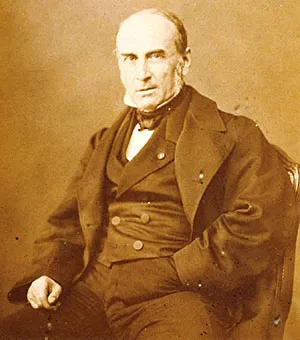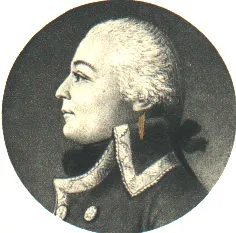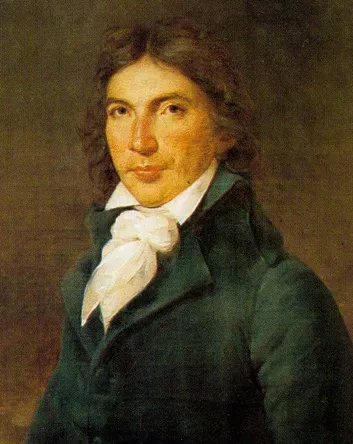
Full Name: Chiang Kai-shek
Birth Year: 1887
Death Year: 1975
Nationality: Chinese
Profession: General and Politician
Position: 1st President of the Republic of China
Chiang Kai-shek: The Legacy of a Chinese Leader
Chiang Kai-shek, born on October 31, 1887, in Xikou, Jiangsu Province, was a prominent Chinese political and military leader. Most notably, he served as the 1st President of the Republic of China and played a crucial role in the tumultuous events that defined early 20th-century China.
During his early life, Chiang was educated in military academies, which helped mold him into a capable military strategist. His political career took off when he became a key figure in the Kuomintang (KMT), the Nationalist Party of China, founded by Sun Yat-sen. Following Sun's death in 1925, Chiang assumed leadership within the party and sought to unify China under the Nationalist rule.
The 1920s were marked by the Northern Expedition, a military campaign led by Chiang aimed at defeating warlords and establishing a central government. This campaign successfully expanded the Nationalist control over much of China, setting the stage for a series of conflicts, including the significant clash with the Chinese Communist Party (CCP) led by Mao Zedong.
Chiang’s leadership was characterized by a mix of authoritarianism and modernization efforts. Despite his commitment to nationalism and anti-communism, his regime faced severe challenges, including corruption, regional warlordism, and economic strife. The struggle between the KMT and the CCP escalated into a full-blown civil war after the Second Sino-Japanese War, which saw Chiang leading the Nationalists against Japanese invaders from 1937 to 1945. Despite significant sacrifices, the war left the Nationalist forces depleted and weakened.
After World War II, the civil war resumed. The KMT faced increasing difficulties against the CCP, who employed guerilla tactics and enjoyed growing support among the peasants. In 1949, Chiang and his government retreated to Taiwan following the defeat by the Communists, where he continued to claim legitimacy as the ruler of China. In Taiwan, Chiang initiated a program of industrial development, land reform, and a strong anti-communist stance, solidifying his control over the island.
Chiang's rule in Taiwan lasted until his death on April 5, 1975. His policies helped transform Taiwan into a significant economic power, albeit through authoritarian means. Today, his legacy is complex; he is regarded with reverence by some in Taiwan for his contributions to the island's development, while others criticize his repressive regime and disregard for democratic principles.
In looking back at Chiang Kai-shek's life, we see a man shaped by a tumultuous era of Chinese history. His military strategies, political maneuvers, and the eventual retreat to Taiwan remain pivotal to understanding the evolution of modern China and Taiwan. The historical impacts of his leadership resonate into the present day, reflecting ongoing debates about nationalism, governance, and ideals.










